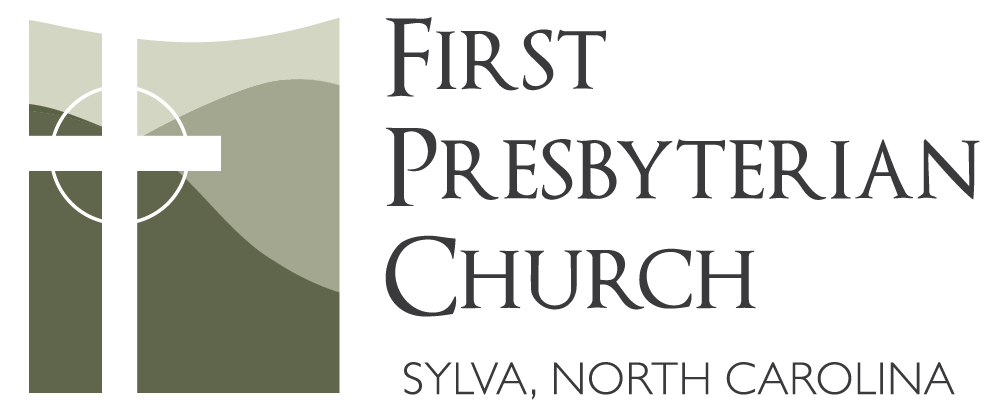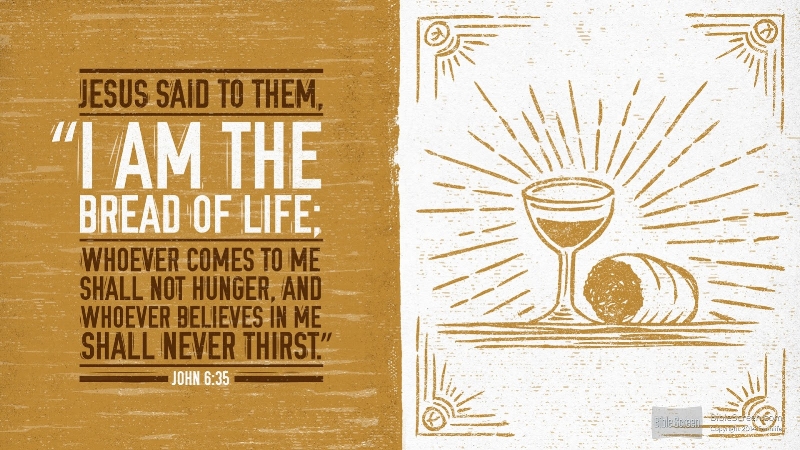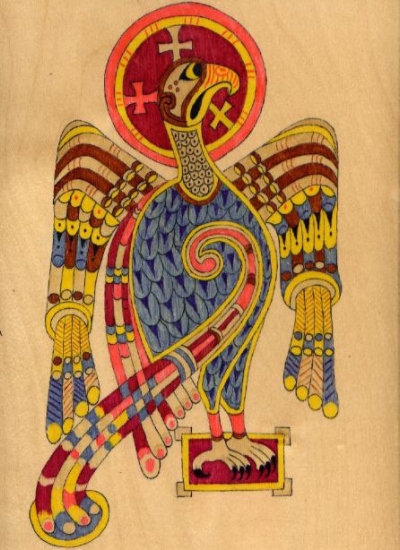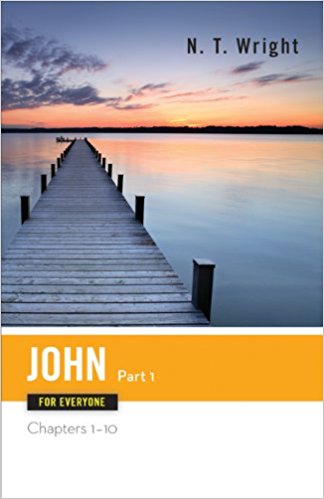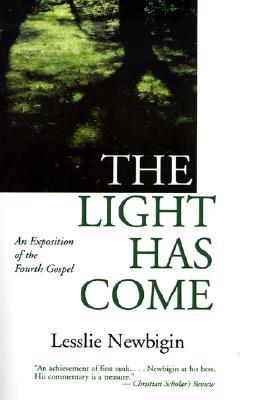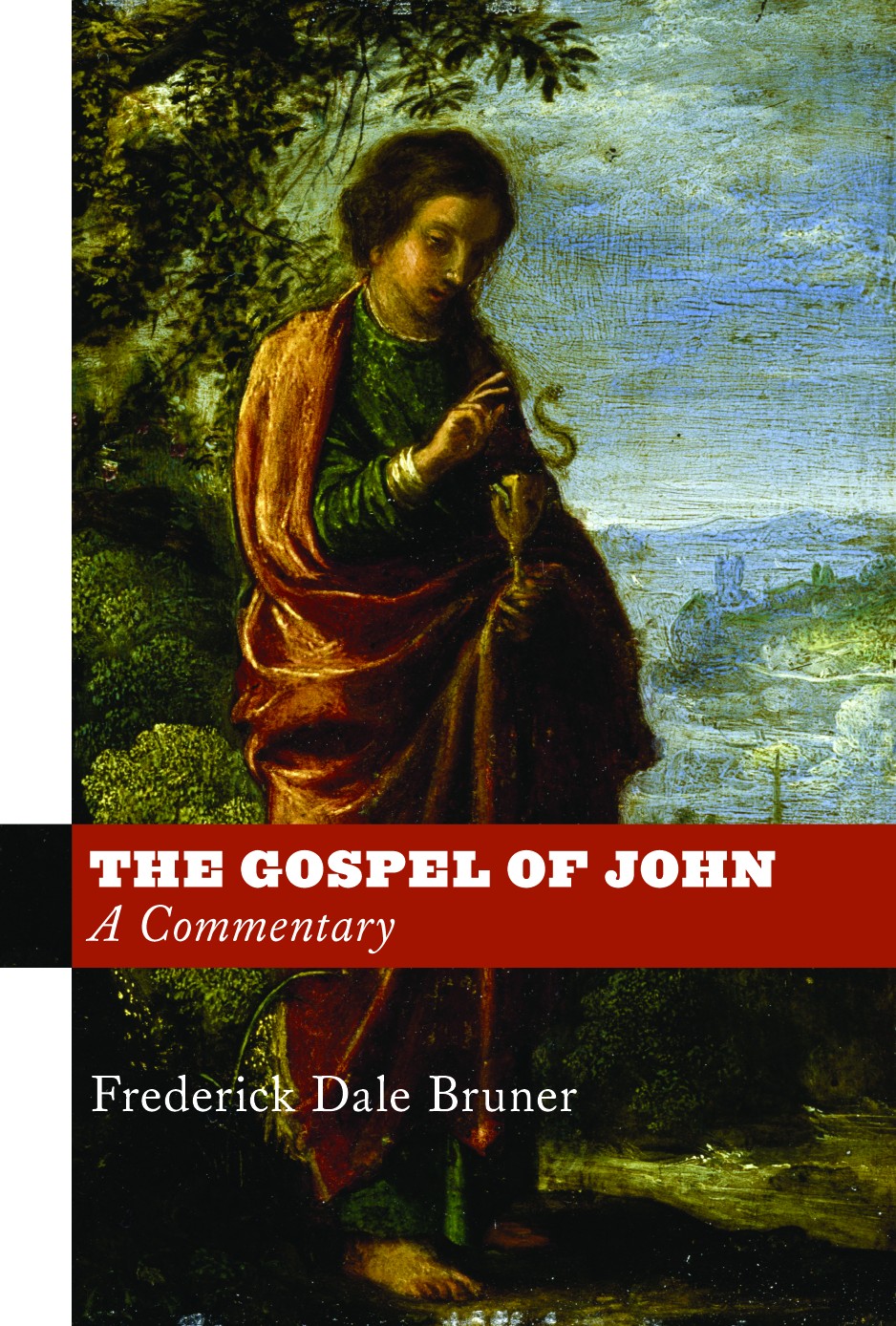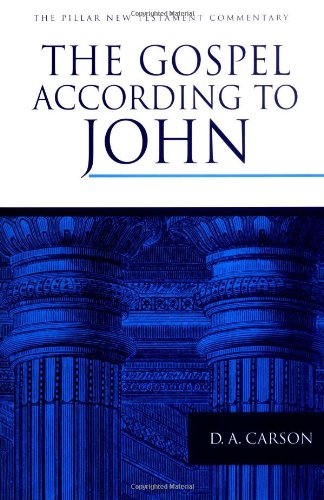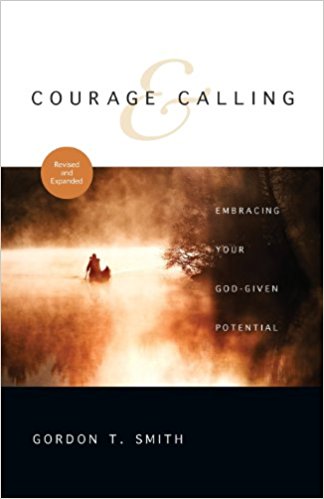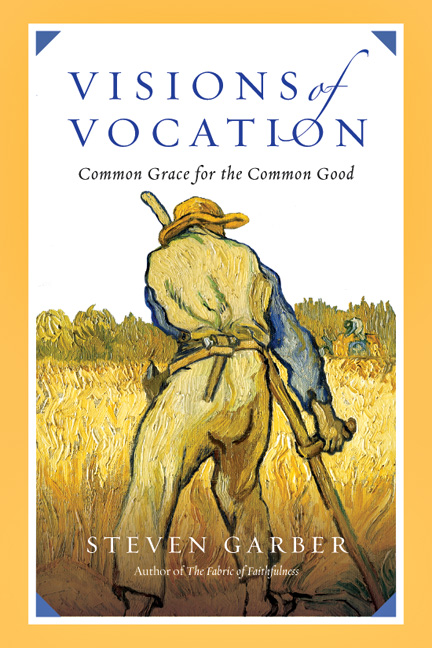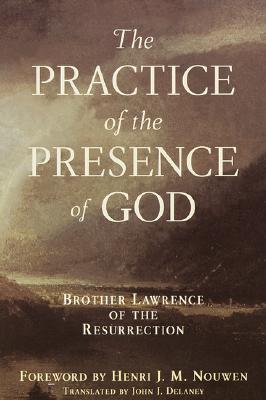First Presbyterian Church of Sylva is sending a group to Nicaragua from June 23-30, 2018. We will be joined by members of the Refuge Church in Dillsboro and by two Presbyterian Churches in Newland and Banner Elk, NC. We will be working with a student ministry called Young Life (or “Vida Joven” in Spanish) in the town of Esteli, where we will stay with local families and complete work projects before traveling to a Young Life camp in the mountains of Jinotega. Throughout this, we will build relationships with Young Life leaders, spend time with their youth, and learn more about what God is doing in Nicaragua.
Our goal for this trip is one of mutual benefit. In contrast to other mission or work trips, we hope to come alongside the leaders who are already there so that we might serve with them and learn from them. If God gives us the opportunity to share with them or teach them, great! Regardless, we hope to show a posture of curiosity, humility, and love as we enter another culture. In a world of so much division, inside and outside the church, I for one am looking forward to the opportunity to build bridges and make surprising friendships among people very different than me.
As a team, we would love your financial support. Each team member needs to raise $1,600 to cover the costs of travel, room, and board. We have several group fundraising events scheduled, but we are also looking for individual donations to offset the cost. To give, simply write a check to "First Presbyterian Church" and put “Nicaragua” in the memo line.
In addition, we would love your prayerful support. Paying for the trip is one thing, but traveling with the confidence that friends, family members, and brothers and sisters in Christ are praying for us is even more important. I will be sending out particular prayer requests as the travel date approaches. Would you pray for us as we prepare, visit, and return?
I am so grateful for a church with a global perspective; thank you for your support thus far, and for your support to come.
Blake
